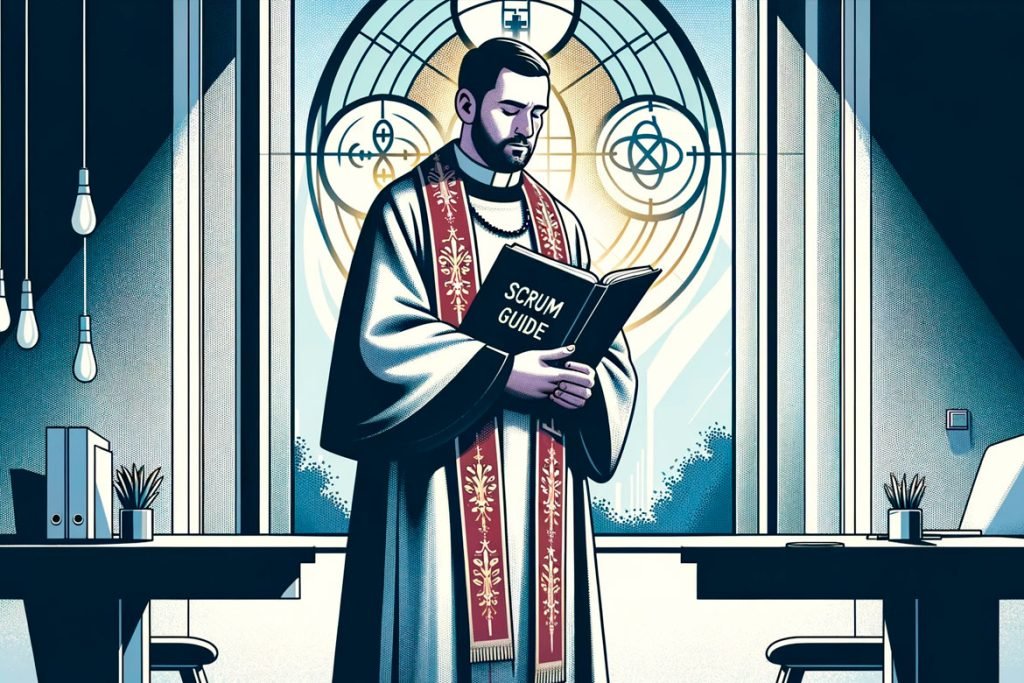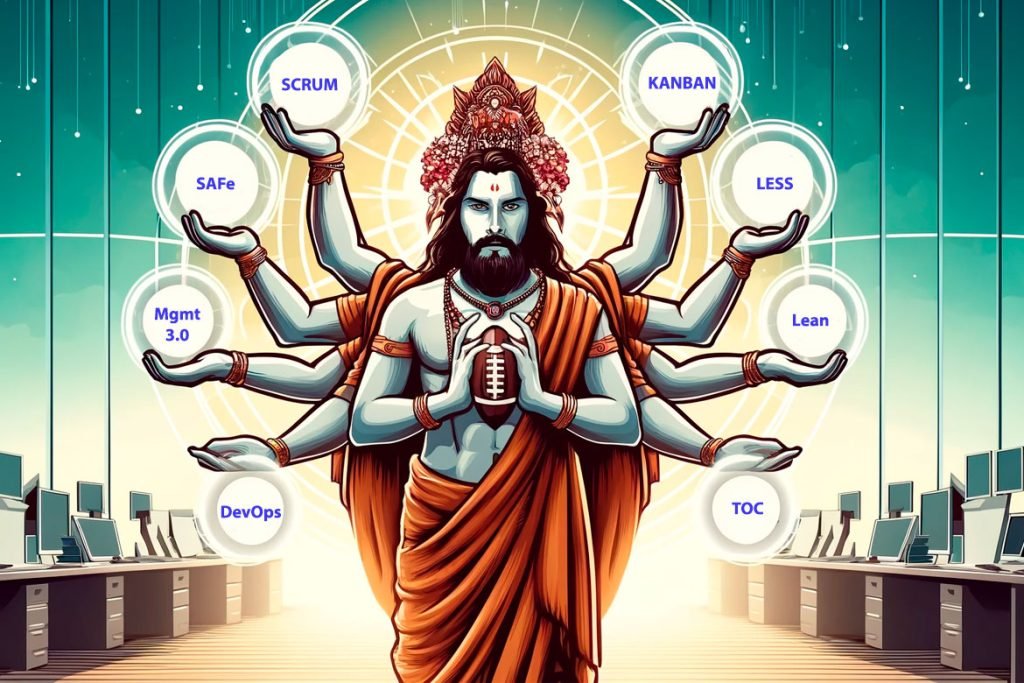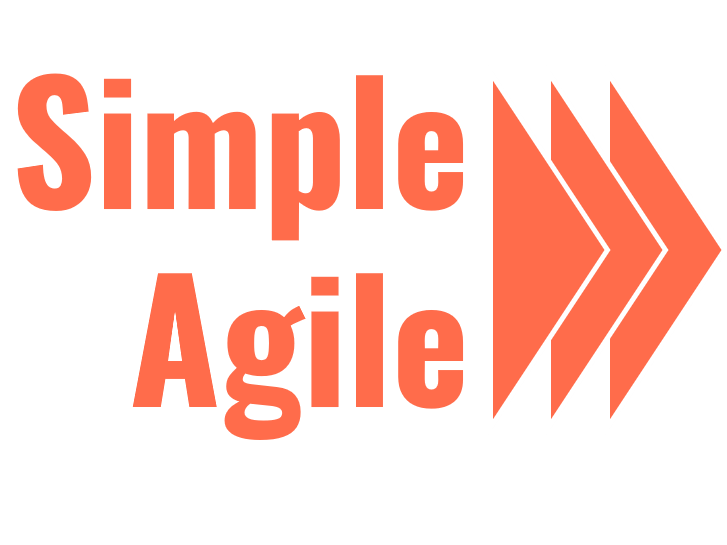The distinction between the roles of a Scrum Master and an Agile Coach has intrigued me for a long time. What used to be a challenging interview question I encountered over five years ago has now evolved into a frequent inquiry from my mentees and students, highlighting its significance in job interviews. Additionally, it frequently ignites discussions among my colleagues.
Scrum Master vs. Agile Coach
So, what sets apart a Scrum Master from an Agile Coach? Are these roles truly separate, or do they overlap significantly? Which role covers a wider range of responsibilities? Although the answer to the final question may appear clear-cut, it merits a closer examination.
Let’s start with the basics. Initially, the role of Scrum Master existed only within the context of the Scrum framework. The existence of this role in Scrum is motivated by the natural desire not to combine “doing the right things” and “doing things right” in one person’s mind. The creators of Scrum strongly advise against combining the roles of Product Owner and Scrum Master in one person. I have worked within the paradigm of combining these roles for several years. That is why I strongly support the idea of their separation. There is nothing good about splitting one’s personality!

So, initially, the role of the Scrum Master existed only within the context of Scrum. What happened next? It turned out that companies struggled to maintain their delivery process within the rigid framework of the Scrum Guide, leading to a proliferation of custom implementations of iterative delivery management. This has led to retaining the naming but not the essence of the roles. It’s worth mentioning SAFe separately, within which Scrum has been completely transformed while keeping the same naming conventions.
All of this contributed to the blurring of the understanding of the Scrum Master role. It no longer fit neatly within the rigid boundaries outlined by the Scrum Guide. On the other hand, within the Scrum framework itself, a certain trend emerged. From the vast number of Scrum Masters working with one team or product, a layer of specialists emerged who felt constrained in this context. The Scrum Guide defines the Scrum Master as a service to Developers, the Product Owner, and the organisation. However, for some Scrum Masters, for various reasons, the focus has shifted specifically to the organisational level.
As a matter of fact, the role of the Agile Coach emerged at the intersection of several needs:
- The need for change agents to implement approaches different from Scrum.
- The blurring of the context for the Scrum Master role in Scrum-based approaches and the reorientation of some Scrum Masters to the organizational level within pure Scrum.
The Agile Coach role doesn’t have the same rigid limits as that of the Scrum Master in pure Scrum. This role implies a much broader scope and a greater variety of tools. And, of course, experience.

Can I Call Myself an Agile Coach?
“I’ve been working as a Scrum Master for three years already. Can I call myself an Agile Coach?” – one of my students asked me. What can I answer to this? If your tasks go beyond the scope of the Scrum Master role, if your responsibility is no longer limited to effectively working with your Scrum team, then it doesn’t matter how many years of experience you have. You have already moved beyond the boundaries of the Scrum context and you are already an Agile Coach. If everything you have been doing for these three years is within the scope of one team and solely using Scrum, it’s too early to talk about a new role yet.
There is another important difference between an Scrum Master and an Agile Coach. It lies at the level of the business context. In this sense, the Scrum Master focuses on the success of their product, achieving the product’s goals, and satisfying its consumers. All of this the Scrum team must achieve efficiently and through Scrum. The business context for an Agile Coach is always broader than the boundaries of a single product. An Agile Coach operates where the business is seen as a system of interdependent value streams and must not forget about this even when working with individual teams and products. A business vision covering at least the domain should come with the Agile Coach title.
Summary
So, let’s summarize. A specialist working with one product/team/flow within the Scrum framework is most likely a Scrum Master. A Scrum Master who grows to the organisational level takes on the functions of an Agile Coach, even if their title remains as Scrum Master. Even if there is no designated Agile Coach within the organisation.
Someone working at the level of one team or product without Scrum may still be called an Scrum Master, but in fact, they are more likely an Agile Coach. And a specialist working on agility at the company level is definitely an Agile Coach, even when they come to a specific team and perform Scrum Master functions there.

